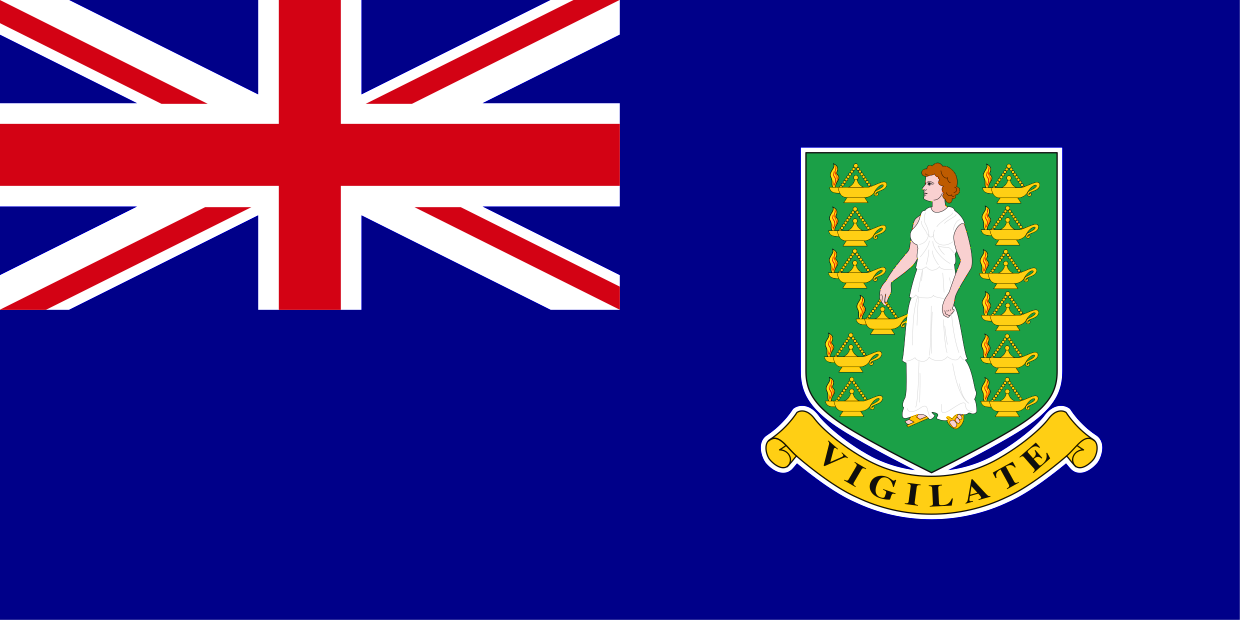
The British Virgin Islands celebrate Territory Day annually on 1 July.
On this date in 1956 the islands became a separate British Overseas Territory.
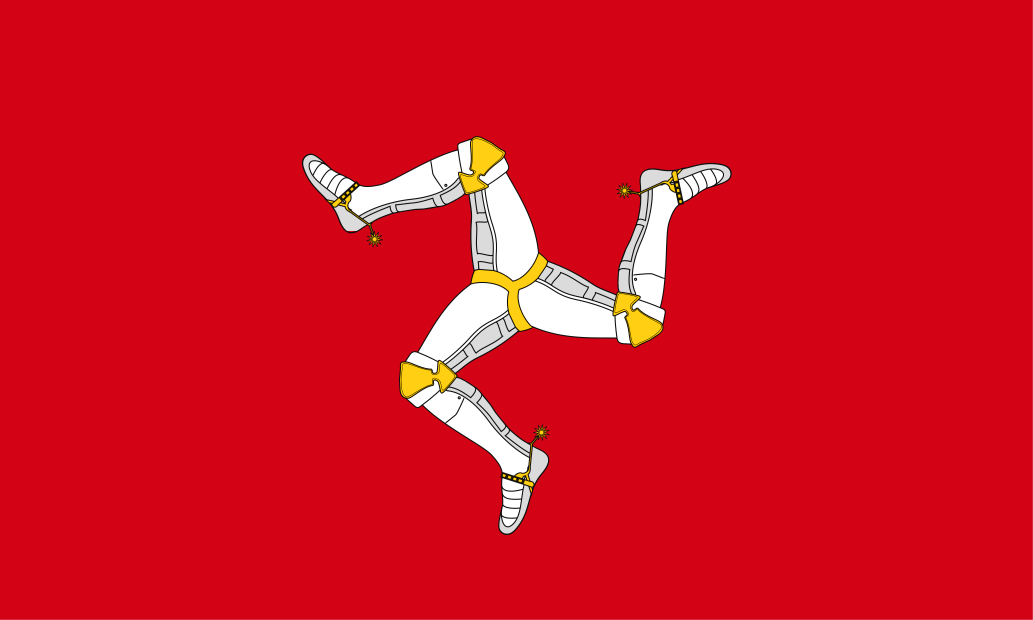
The Isle of Man celebrates Tynwald Day (Manx: Laa Tinvaal) annually on 5 July, unless this date falls on a Saturday or Sunday.
In this case Tynwald Day takes place on the following Monday.
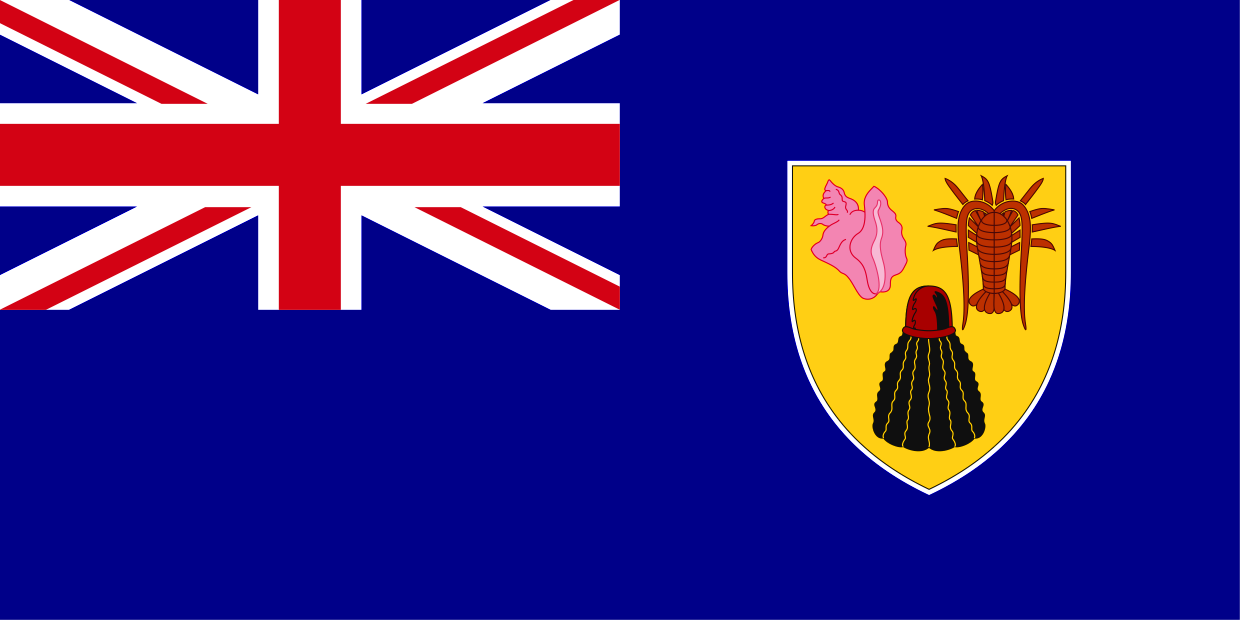
Turks and Caicos celebrate Constitution Day annually on 30 August.
The date honours the first constitution of the islands, adopted on 30 August 1976.
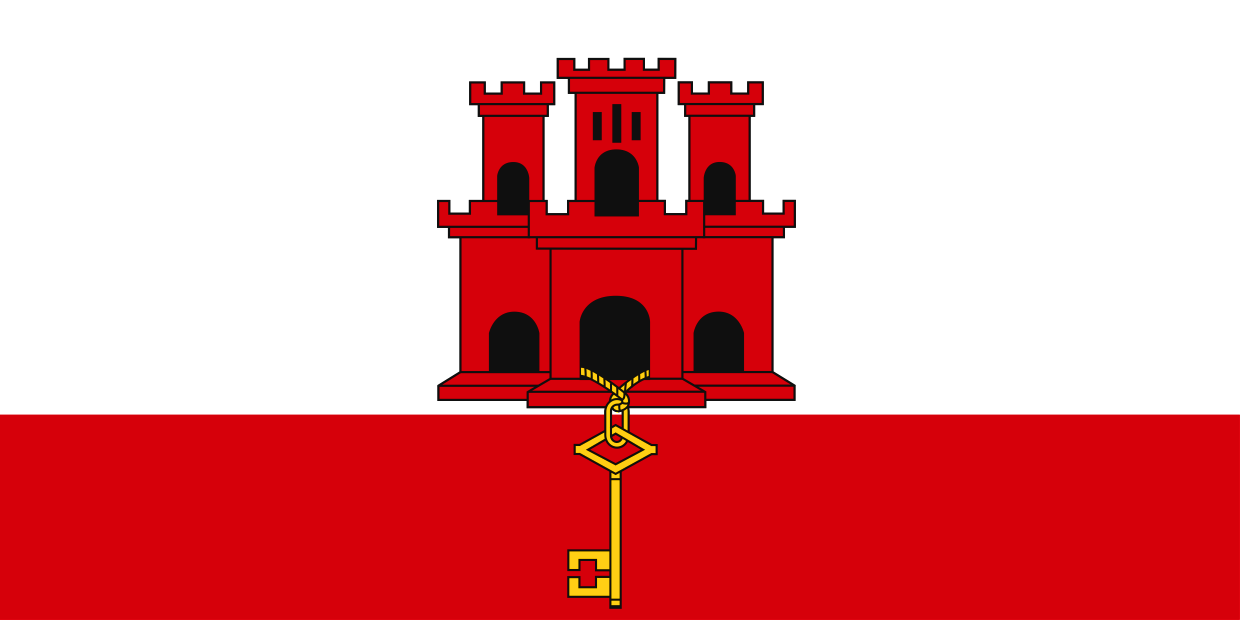
Gibraltar celebrates its National Day – first held in 1992 – annually on 10 September.
The date marks Gibraltar’s first sovereignty referendum (1967), when voters chose to stay under UK sovereignty rather than transfer to Spanish sovereignty.

The Virgin Islands celebrate the feast of St Ursula annually on 22 October.
Christopher Columbus named the Virgin Islands in honour of the saint in 1493.
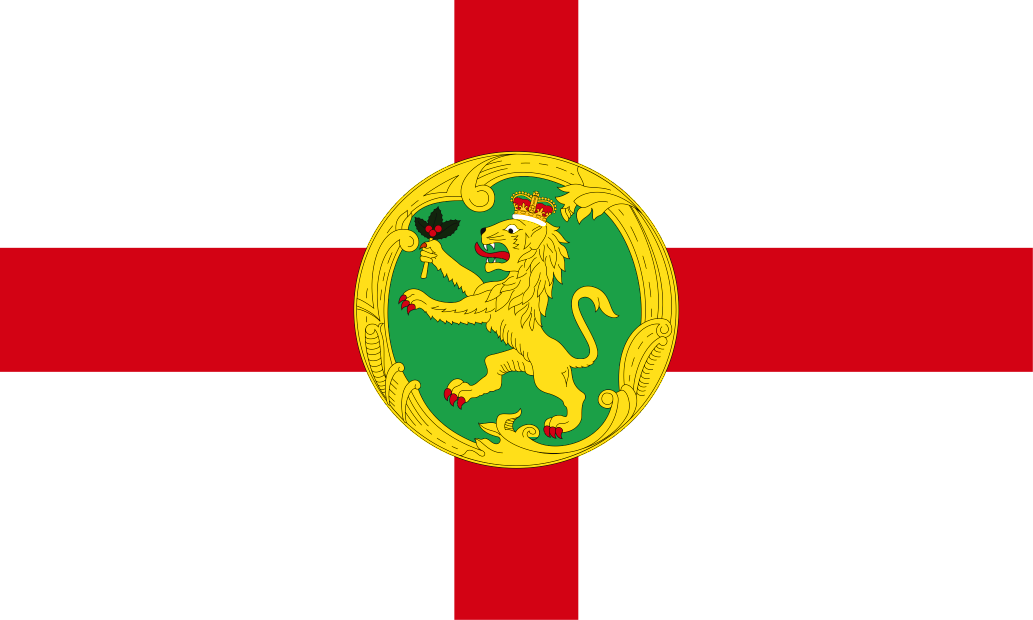
Alderney celebrates Homecoming Day annually on 15 December.
The people of Alderney were evacuated in June 1940 before the German occupation.
Homecoming Day marks the day the islanders could first return home in 1945.
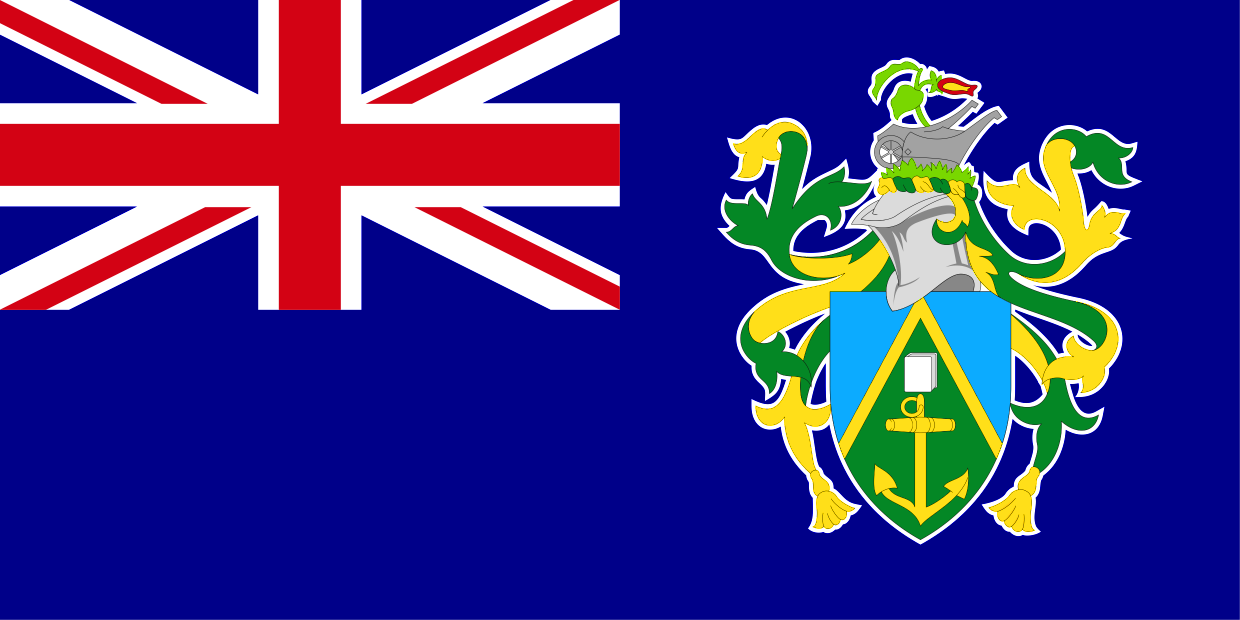
The Pitcairn Islands celebrate Bounty Day annually on 23 January.
Bounty Day commemorates the burning of HMS Bounty by the mutineers in 1790.
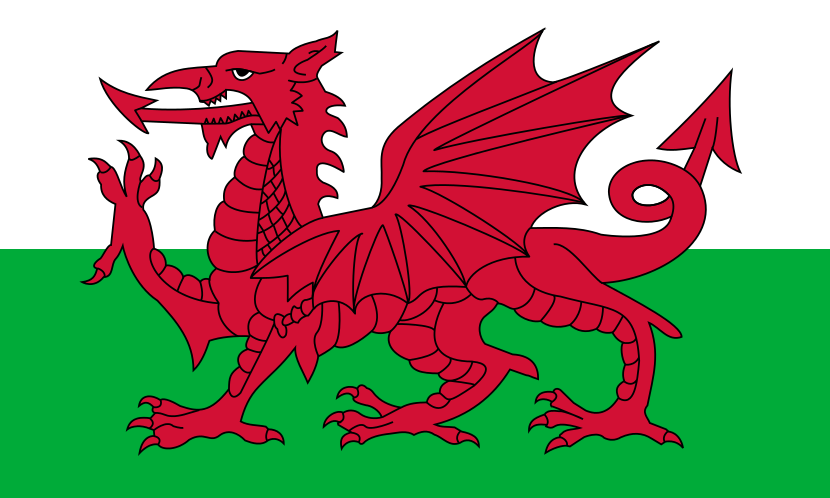
St David’s Day is Wales’ national day.
The Senedd Cymru flies the Welsh national flag – Y Ddraig Goch (The Red Dragon) – all year round.
On St David’s Day it also flies the flag of St David (below).
https://senedd.wales/media/hl5dtuct/foi-574-final-redacted-response-saes.pdf
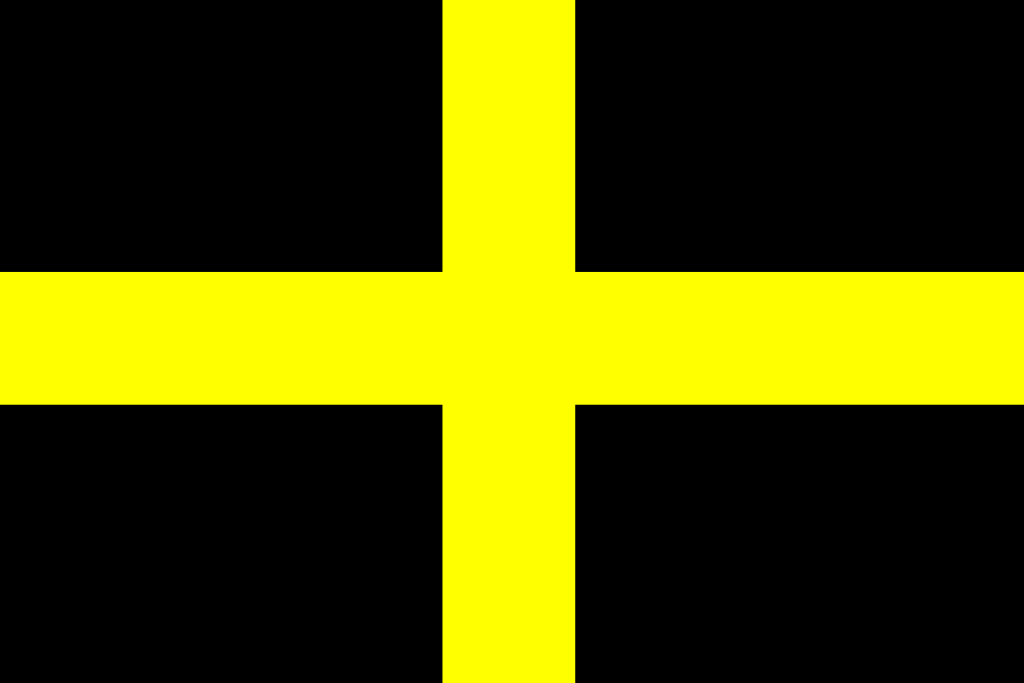
St David’s Day is also listed as a flag flying day (for Wales only) by UK government guidance.
The Union Flag is specified.
https://www.gov.uk/guidance/designated-days-for-union-flag-flying
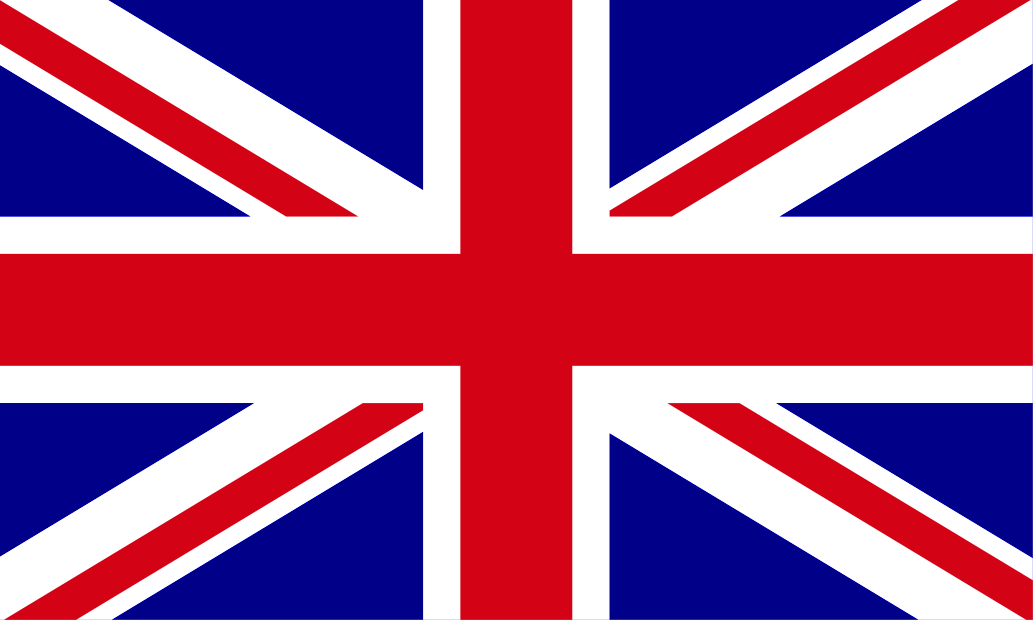

St Patrick’s Day is listed as a flag flying day (for Northern Ireland only) by UK government guidance.
The Union Flag is specified.
https://www.gov.uk/guidance/designated-days-for-union-flag-flying
There is no official, current pan-Ireland or Northern Ireland flag that may be used to mark St Patrick’s Day.
St Patrick’s Saltire is one of several possible alternatives.
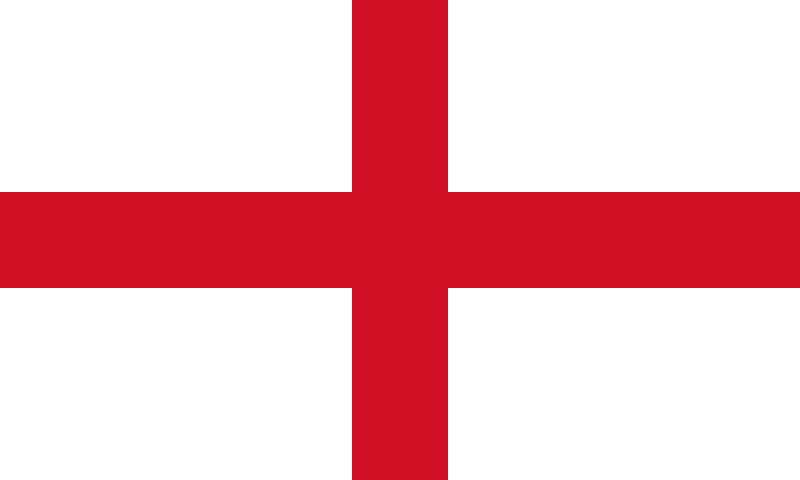
St George’s Day is England’s national day – St George was named as England’s principal patron saint in 1416.
St George’s Day is listed as a flag flying day (for England only) by UK government guidance.
https://www.gov.uk/guidance/designated-days-for-union-flag-flying
The Union Flag is specified.

